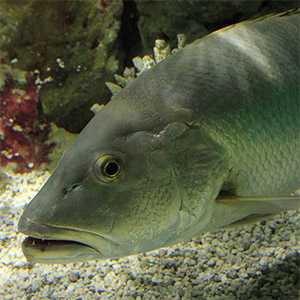
Gill-Oxygen Limitation Theory, known as GOLT, explains the biological reasons that force fish to move poleward when the waters heat-up due to climate change

This specialist group is chaired by chaired by Dr. Amanda Vincent
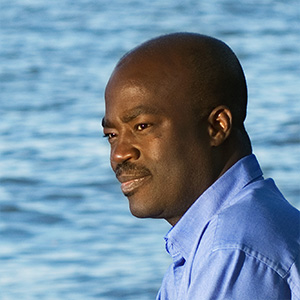
Dr. Rashid Sumaila recognized the need to understand and address the threats facing Canada’s Arctic, Atlantic and Pacific oceans and coastal regions and to develop a shared vision for their future
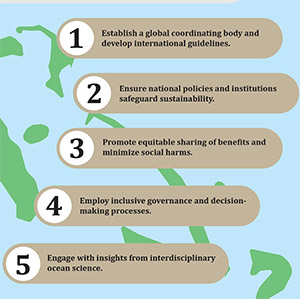
Tags: Blue economy, Climate change, Faculty, fisheries economics, IOF Research Associates, Nathan Bennett, OceanCanada, Rashid Sumaila, Research, Sustainability
With economic potential of the oceans expected to double to US$3 trillion by 2030, growth should be effectively managed so that it is sustainable and equitable.
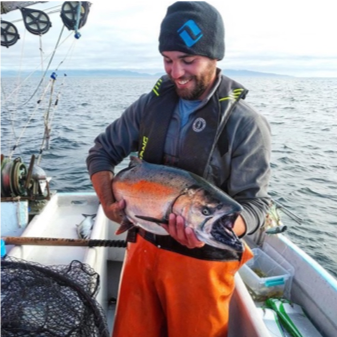
Tags: British Columbia, Fieldwork, food webs, IOF students, Pelagic Ecosystems Lab, Research, salmon, whales
Chinook, also known as Spring salmon, stocks in have been in decline, which has implications for entire BC marine food web
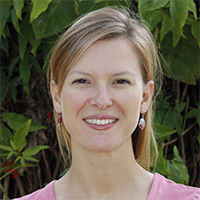
Tags: Colette Wabnitz, fisheries economics, fisheries management, IOF Research Associates, Nereus Program, Publications
She, with Robert Blasiak (Stockholm Resilience Centre), are guest editors of the issue, and also wrote about how funding for ocean conservation and sustainable fisheries is rapidly changing and evolving beyond official traditional assistance (ODA) and philanthropy.
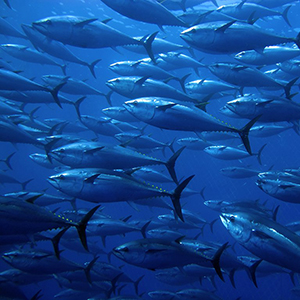
Are our current tuna fishing habits sustainable? Probably not, according to a new global database of tuna catches developed by Sea Around Us

Tags: Climate change, Faculty, IOF Research Associates, Juan Jose Alava, Kai Chan, policy, Simon Donner
IOF-related experts recommend the one policy action they would use to address the climate crisis
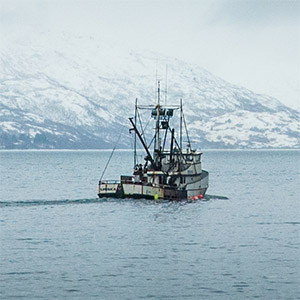
Tags: Aboriginal fisheries, Arctic, Canada, Climate change, Faculty, fish stocks, fisheries management, Indigenous fisheries, IOF postdoctoral fellows, Nereus Program, OceanCanada, Rashid Sumaila
Unmitigated climate change could net fisheries in the Arctic 37 times more fish than current annual catch amounts by the end of the century
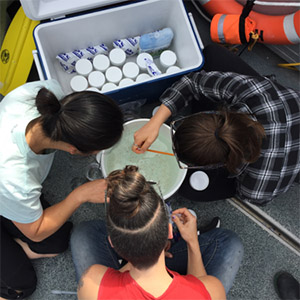
Tags: Brian Hunt, Faculty, food webs, Hakai Coastal Initiative, Hakai Institute, IOF postdoctoral fellows, IOF students, jellyfish, Pelagic Ecosystems Lab, plankton, Research
Hakai Coastal Initiative Marine Food Webs Working Group (FWWG) undertook a 10-day sampling trip which looked at day/night behaviour of bacteria, protists, zooplankton, and parasites in the Strait of Georgia.